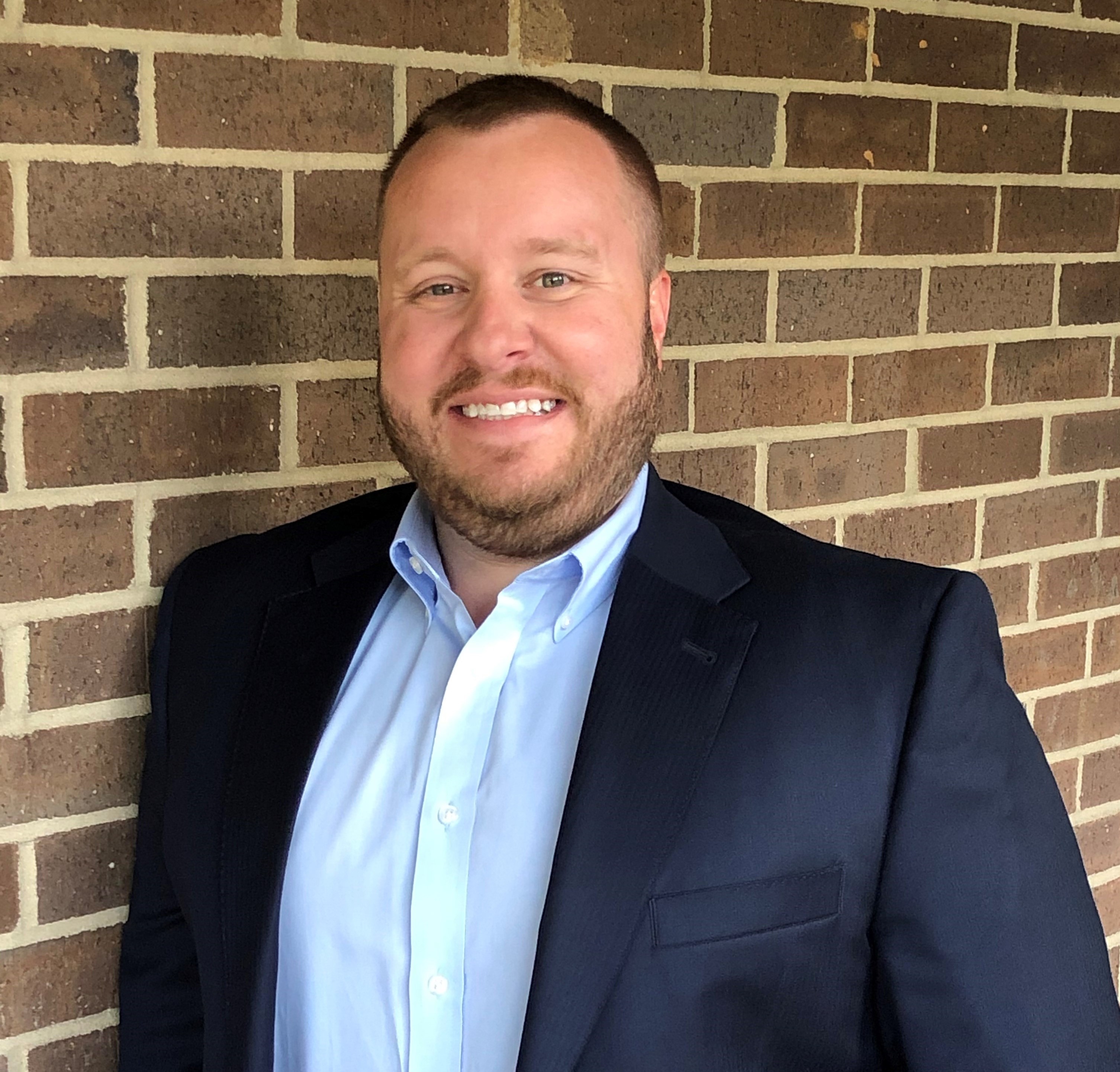Global View Investment Blog
It’s a Wonderful Life: Learn from the Past and Prepare for the Future
As leaves drop and winter approaches, it’s hard to believe we will find ourselves at the end of another year. 2023 seemed to go by in the blink of an eye. Soon enough, we will be experiencing cold weather, Christmas, New Year's Day, and 2024. Many unknowns are on the horizon, so right now is the ideal time to reflect on how you did financially in 2023 and how you should prepare for 2024 and beyond.
In the movie "It's a Wonderful Life," George Bailey's life journey, with its ups and downs, mirrors the process of financial planning. Just as George faced various challenges and opportunities, financial planning involves addressing different financial situations and goals over your lifetime. As fee-only investment advisors in Greenville, SC, we help individuals and their families navigate these financially challenging times daily.
The movie shows how small actions and decisions significantly impact the lead character’s life, similar to how life decisions can shape your financial well-being. George's realization of his life's value and impact on others reflects the clarity and satisfaction gained from well-structured financial planning, where each decision can contribute to a more stable financial future.
We can learn a lot from George’s journey. It's a timeless reminder of the need for prudent financial planning and a strong sense of purpose in pursuing our financial hopes and dreams. You only get one retirement, which can last 30 or more years, so you want to be sure you are going down the right road.
Even though “It’s a Wonderful Life” was released on January 7, 1947, the financial struggles that George Bailey faced are still relevant to retirement planning today.
Let’s look at some of George’s financial struggles:
Historical Financial Struggles
George's past financial planning was marked by constant struggles to keep the Bailey Building and loan business afloat. He faced the challenge of managing the organization's finances during tough economic times, emphasizing the importance of a resilient financial strategy that works during adversity.
These financial challenges mirror many Americans today's struggles while saving for retirement during persistent inflation, rising interest rates, a national debt approaching $35 trillion, and volatile securities markets.
Just as George contended with unforeseen crises and serious financial constraints, we find ourselves in a similar situation with fluctuating economic conditions that will impact our retirement savings.
A financial plan is your roadmap to the retirement destination you seek - a comfortable, secure lifestyle for the rest of your life.
Family's Financial Well-being
Another crucial concern for George was making sure his family had a secure financial future in the event of his untimely demise. This concern highlights the significance of estate planning to safeguard your loved ones' financial security and lifestyles.
Estate planning is organizing and structuring your financial affairs to manage your assets during your lifetime and determine how they will be distributed after the passing of a surviving spouse. It involves making decisions about various aspects of your estate, including assets, liabilities, investments, and other possessions.
For tax planning purposes today and in the future, estate planning allows you to optimize your financial situation by minimizing estate, gift, and income taxes.
Short-Term Financial Crisis
In the movie, George was confronted with a short-term financial crisis when a misplaced deposit threatened the solvency of the Bailey Building and Loan. This situation underscores the importance of risk management in dealing with unforeseen challenges during life’s journey.
Assessing and updating your portfolio regularly is important for monitoring your financial health. The “set-it-and-forget-it” strategy may not be your best option, especially during periods of significant market volatility.
As fiduciary financial advisors in Greenville, we recommend keeping your retirement plan current so you are better able to address life's financial uncertainties.
Retirement planning should not be a one-time endeavor but an active and ongoing component of your wealth management strategy. By doing so, you can better prepare for life’s unknown events.
Long-Term Financial Goals
George's long-term financial goals included providing affordable housing for the community and realizing his dream of traveling the world. His story reminds us of the importance of setting SMART (Specific, Measurable, Achievable, Relevant, Time-bound) goals and creating a strategic financial plan to pursue them.
Specific: SMART financial goals are clear and well-defined. They identify the precise financial target or outcome you want to accomplish, leaving no room for ambiguity.
Measurable: A SMART goal should include criteria allowing you to track your progress and determine when you've reached your destination. This often involves quantifying the goal with specific numbers or metrics.
Attainable: Setting realistic goals is essential. SMART goals should be within reach and aligned with your current financial situation and resources.
Relevant: Goals should be relevant to your overall financial plan and objectives. They should contribute meaningfully to your financial well-being and long-term goals.
Time-bound: SMART goals have a defined timeframe or deadline for accomplishment. This creates a sense of urgency and helps you focus on taking necessary actions within a specific timeframe.
Meet Global View Investment Advisors
Our journey began on Wall Street amidst the intense pressures of a large financial corporation. The focus was heavily skewed towards meeting quotas for fees and commissions, prioritizing the company's financial targets over our clients' true needs.
This constant push to promote certain financial products, including mortgages, felt misaligned with our core values. It wasn't about transparency or offering the best possible investments; it was about the parent company's bottom line.
Driven by the belief that there was a more client-centric way to operate, we left to establish Global View. As a fee-only fiduciary firm, our approach is fundamentally different. We're here to offer advice, not to sell products. Our independence from investment providers means our recommendations are always tailored to suit your unique financial goals without any underlying motive.
At Global View, we're here to address the concerns that keep you awake at night:
- What is the right time to retire or shift careers?
- Are you pondering the impact of a market downturn on your family and yourself?
- Questioning if your family is secure in case of unforeseen events?
- Do you need clarification on whether your current strategies align with your objectives?
- Contemplating the most effective methods for preserving family wealth?
- Seeking simplicity in managing a legacy for your heirs?
- Considering how to adjust your investments in response to market volatility and rising rates?
As your committed team, we stand by your side, tackling each concern as they occur. This commitment to your well-being is at the heart of what we do.

Written by Matthew Crider
Matt is a CERTIFIED FINANCIAL PLANNER™ professional who has been in the financial advisory business since 2008. He holds a BA in Marketing and Management from the University of Cincinnati and his MBA from Clemson University. Prior to Global View, Matt began his career with Fidelity Investments. His specialties at Global View include asset accumulation and investment strategies; college funding strategies; budgeting discipline and analysis; multi-generational planning; and life event changes, such as marriage, kids, home purchase, retirement, etc.
Are you on track for the future you want?
Schedule a free, no-strings-attached portfolio review today.
Talk With Us






